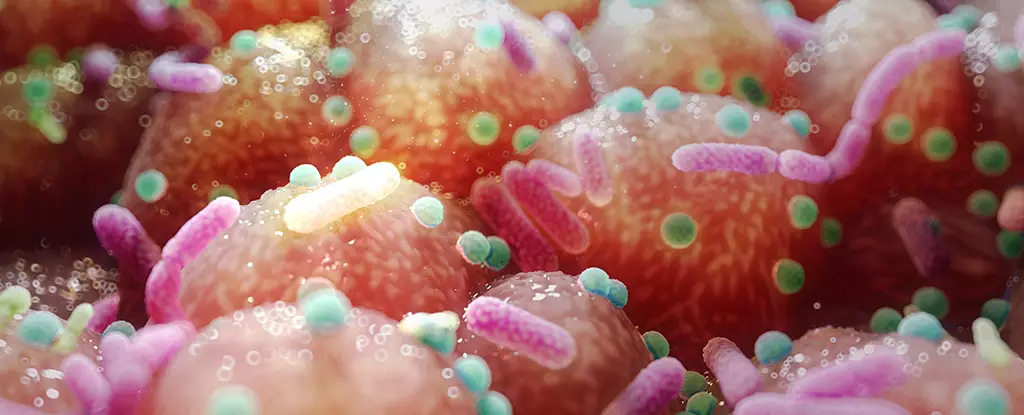

Parkinson’s disease is a neurodegenerative disorder that affects millions of people worldwide. It is characterized by a range of symptoms that progress over time, starting with constipation and sleep problems and eventually leading to dementia and loss of muscle control. While there is currently no cure for Parkinson’s disease, researchers have been investigating the link between gut microbes and the development of the condition.
A recent study has identified specific gut microbes that are likely involved in the development of Parkinson’s disease. These microbes have been linked to decreased levels of riboflavin (vitamin B2) and biotin (vitamin B7) in patients with the condition. The researchers suggest that supplementing these vitamins may be beneficial for some individuals with Parkinson’s disease, particularly those with gut dysbiosis.
The lack of riboflavin and biotin in individuals with Parkinson’s disease has been shown to be associated with a decrease in molecules that help maintain a healthy mucus layer in the intestines. This weakened protective layer may expose the intestinal nervous system to toxins such as cleaning chemicals, pesticides, and herbicides, leading to increased inflammation and the accumulation of harmful molecules in the brain.
Research has suggested that high doses of riboflavin may assist in recovering motor functions in patients with Parkinson’s disease. It is also possible that vitamin B supplementation could help prevent some of the damage caused by the disease. Additionally, ensuring patients have healthy gut microbiomes and reducing exposure to toxic pollutants in the environment may provide further protection against Parkinson’s disease.
Given the complexity of Parkinson’s disease and the various factors that can contribute to its development, it is important to recognize that not all patients will respond to the same treatment options. Individual assessment of each patient’s gut microbiota and fecal metabolites may be necessary to determine the most effective course of action. This personalized approach could lead to more targeted and successful treatment strategies for Parkinson’s disease.
The relationship between gut microbes, vitamin B deficiency, and Parkinson’s disease highlights the importance of considering the gut-brain axis in the development and management of the condition. By understanding how these factors interact and influence each other, researchers and healthcare professionals can work towards developing more effective therapies and interventions for individuals with Parkinson’s disease. Further investigation into this complex relationship may provide valuable insights into the underlying mechanisms of the disease and potential avenues for treatment.
Rogue waves have long been a subject of fascination and terror in maritime lore. These…
As the world grapples with public health challenges, especially those posed by infectious diseases, the…
The Sombrero Galaxy, also known as Messier 104, embodies a breathtaking blend of spirals and…
In recent advances in quantum electronics, a groundbreaking discovery leveraging the concept of kink states…
In the intricate tapestry of nature, ice often exists in a delicate balance with liquid…
In an astonishing event that captured global attention, a rogue object from beyond our Solar…
This website uses cookies.